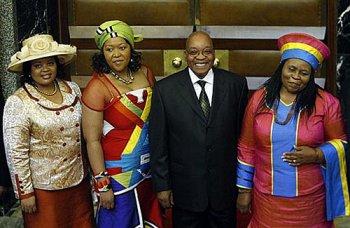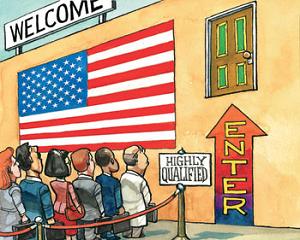The whole Cablegate affair from Wikileaks is highly entertaining but it also warrants some real thought. It’s more complex than just delighting in the embarrassment of the US government.
I recently read an excellent blog post on the topic which helped to firm up my opinions on the matter.
1. Secrecy vs. Transparency – We need a balance
Complete secrecy is fairly obviously something that we need to avoid in a democratic state. Without some transparency we get an unchecked government (and businesses) that can act as it pleases. Transparency is important.
But, complete transparency is also something to be avoided. Private speech is a necessary component of democracy. People need to be able to negotiate, to change their minds, and to keep some secrets.
What is needed is a suitable balance between secrecy and transparency. Democracy is full of such balancing acts.
2. Wikileaks is a necessary shock
In the short term I believe that Wikileaks is a good thing:
- Wikileaks pushes the secrecy vs. transparency balance towards transparency. I believe this was necessary.
- Wikileaks is the shock to the system that should pull us into a new world. Democracy must react.
In the long term however an unchecked Wikileaks would be a bad thing. Wikileaks currently represents pure transparency without any checks and balances. Democracy and law must catch up.
3. The US is reacting shockingly
I am horrified by the reaction of the US government to Wikileaks. This is not what I would expect from the government of a freedom loving democracy.
Two quotes from the original post neatly capture my thoughts on the US government’s reaction.
When authorities can’t get what they want by working within the law, the right answer is not to work outside the law. The right answer is that they can’t get what they want.
The leaders of Myanmar and Belarus, or Thailand and Russia, can now rightly say to us “You went after Wikileaks’ domain name, their hosting provider, and even denied your citizens the ability to register protest through donations, all without a warrant and all targeting overseas entities, simply because you decided you don’t like the site. If that’s the way governments get to behave, we can live with that.”
Summary
- Democracy needs a balance between secrecy and transparency.
- Wikileaks helps move us toward transparency.
- But pure transparency as represented by Wikileaks should be controlled by laws.
- The US government has reacted innapropriately to Wikileaks.

 Let me be clear: I think
Let me be clear: I think 

 If Bob is really good at making hammers and Alice is a nail making genius, they can get further by sticking to their specialties and trading – better and cheaper hammers and nails for all.
If Bob is really good at making hammers and Alice is a nail making genius, they can get further by sticking to their specialties and trading – better and cheaper hammers and nails for all.

